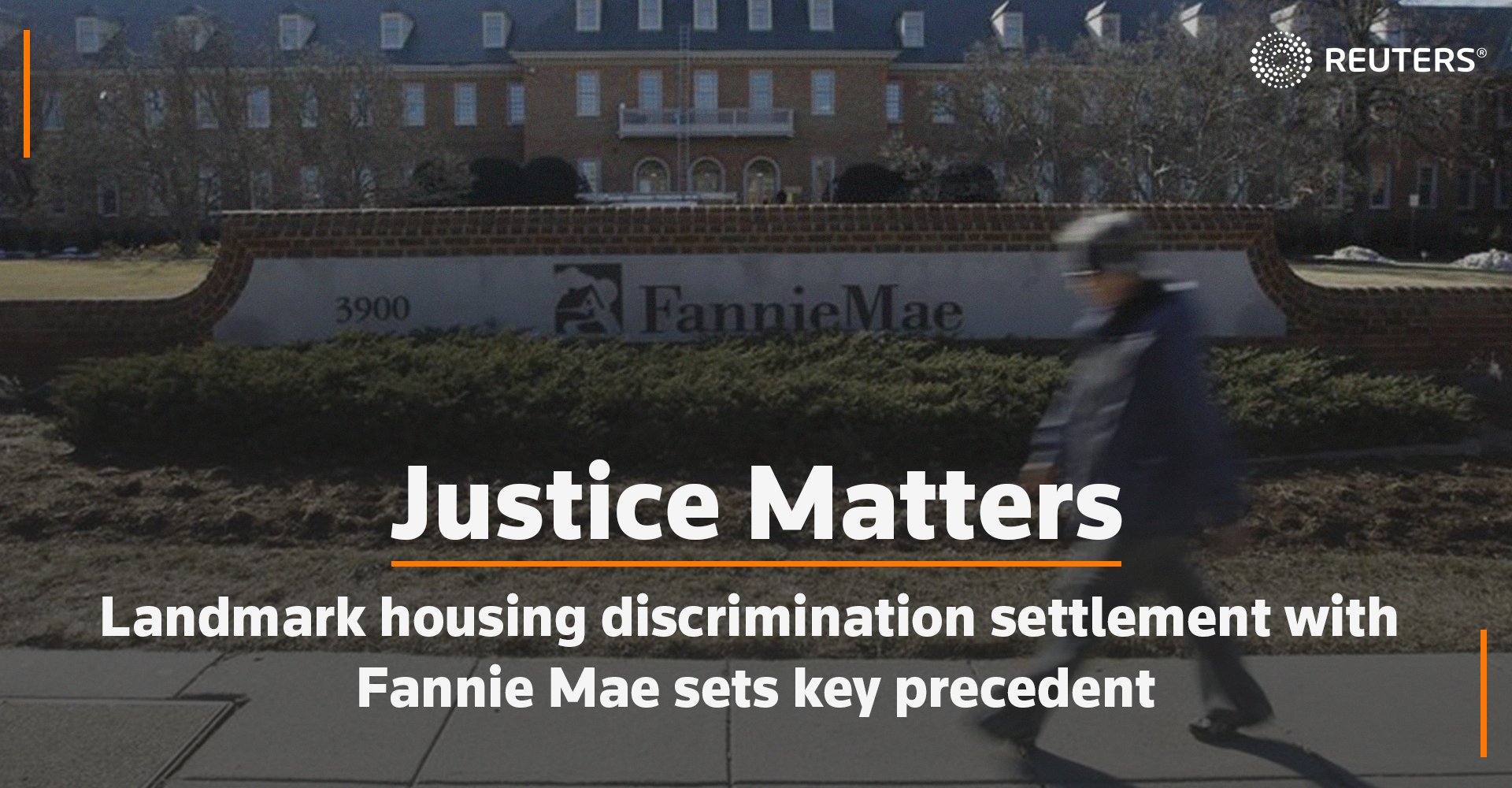By: Maria – Paula
The Housing Opportunities Made Equal of Virginia, HOME of VA, together with the National Fair Housing Alliance, NFHA joined 19 other local fair housing organizations countrywide to reach a landmark $53 million settlement with the Federal National Mortgage Association, Fannie Mae. The lawsuit recorded the first time a federal court confirmed the nation’s fair housing laws cover the maintenance and marketing of Real Estate Owned (REO) properties. Supported by the U.S. Department of Housing and Urban Development grants, the investigations into potential disparities in the maintenance and marketing of REO properties was confirmed. The four years of comprehensive inquiries by the plaintiffs from 2016 presented 49,000 photographs disclosing poorly maintained properties in Black and Latino communities. This was a different picture from properties in predominantly White neighborhoods. In the case, the plaintiffs accused Fannie Mae of differential treatment by maintaining and marketing its foreclosed homes in predominantly White neighborhoods but allowing similar homes in Black communities to fall into disrepair. Such disparity heightened the damage from the 2008 mortgage crisis in neighborhoods of color. Of the more than 2,300 Fannie Mae-owned foreclosed properties in 39 metropolitan areas in the country, 40 were in the Richmond, Virginia region. The settlement will help rebuild and strengthen communities of color in 39 metropolitan areas including the Richmond, Virginia. “This settlement not only recognizes the wrongs made to communities of color in the Richmond region that were particularly hard hit during the foreclosure crisis. It also offers significant financial resources to respond to community needs,” said Monica L. Jefferson, Interim President & CEO of HOME of VA. HOME of VA and the other plaintiffs intend to invest most of the settlement monies directly back into the communities they allege were harmed by Fannie Mae’s conduct. They will use over $35 million of the settlement to promote home ownership, neighborhood stabilization, access to credit, property rehabilitation, and residential development in the 39 metropolitan areas at issue in the case. Apart from management and disbursement of the settlement funds, the plaintiffs will provide grants for down-payment assistance for both first-generation homebuyers and renovations for homes that languished in foreclosure. Fannie Mae on the other hand has implemented practices that will help avoid similar harmful treatment of communities of color in the future. Increasing oversight of maintenance in it’s properties, prioritizing owner-occupants over investors as purchasers of REOs, and compliance to fair housing laws, through fair housing training to its employees are some measures the firm put in place. At a time when unequal access to housing and credit contributes most to the US growing wealth gap, such a multifaceted approach is a powerful catalyst toward furthering fair housing for all Americans.



